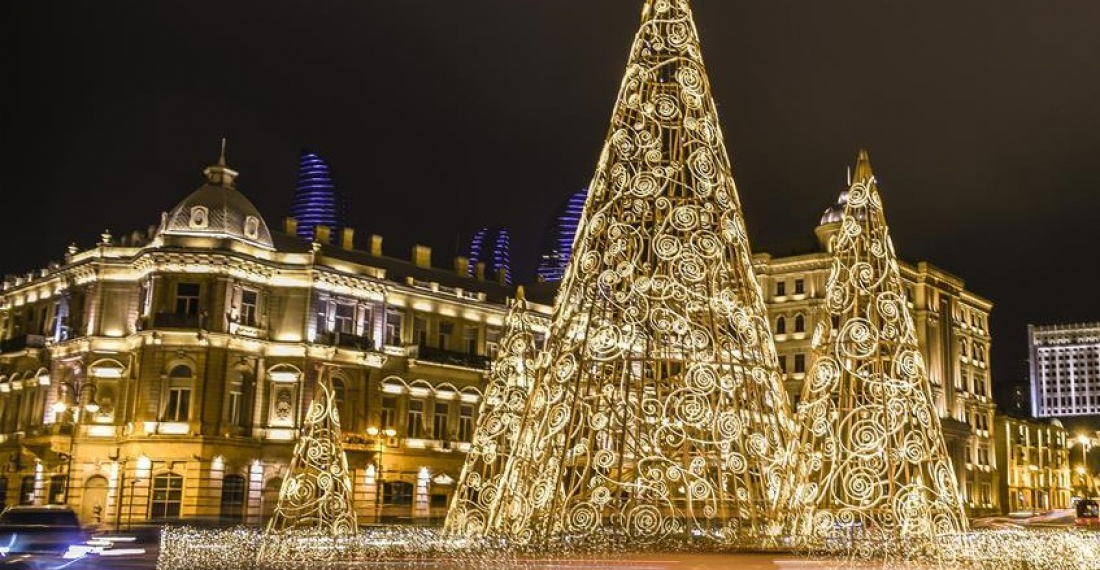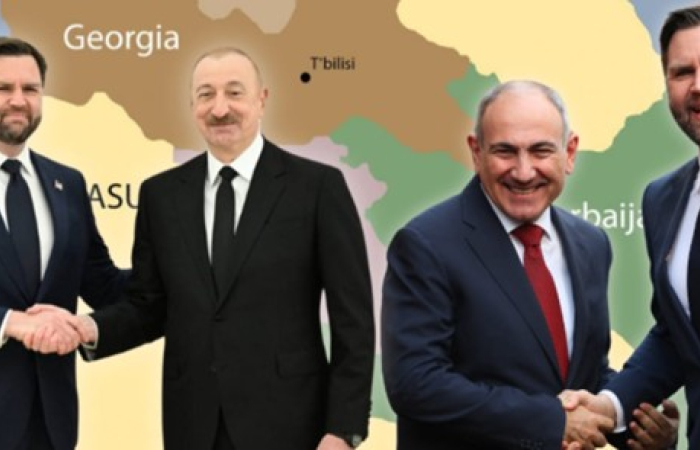In Baku, capital of Azerbaijan, the Christmas lights are on. Baku's iconic Azneft Square, already well illuminated during the rest of the year, is hosting a brightly lit Christmas Tree.
Festive lights illuminate the main streets of Baku, heralding the start of Christmas and New Year celebrations.
Azerbaijan is an oil exporting country, and the mood of Baku often reflects the price of oil on the international markets. In that sense 2018 has been a year of mixed moods. Oil prices rallied early in the year, but became more volatile later in the year. There is no doubt that in Azerbaijan, government and citizens alike, will be keeping their eye on the oil prices in 2019. For the moment however it is time to celebrate, with big celebrations expected on new year's eve.
related content: With the Christmas tree up, Georgians hope for a respite from politics during the festive season
related content: The Caucasus prepares to celebrate new year and Christmas
source: commonspace.eu
photo: Baku's iconic Azneft square decorated for the festive season (picture courtesy of Xinhua News Agency, Beijing)







